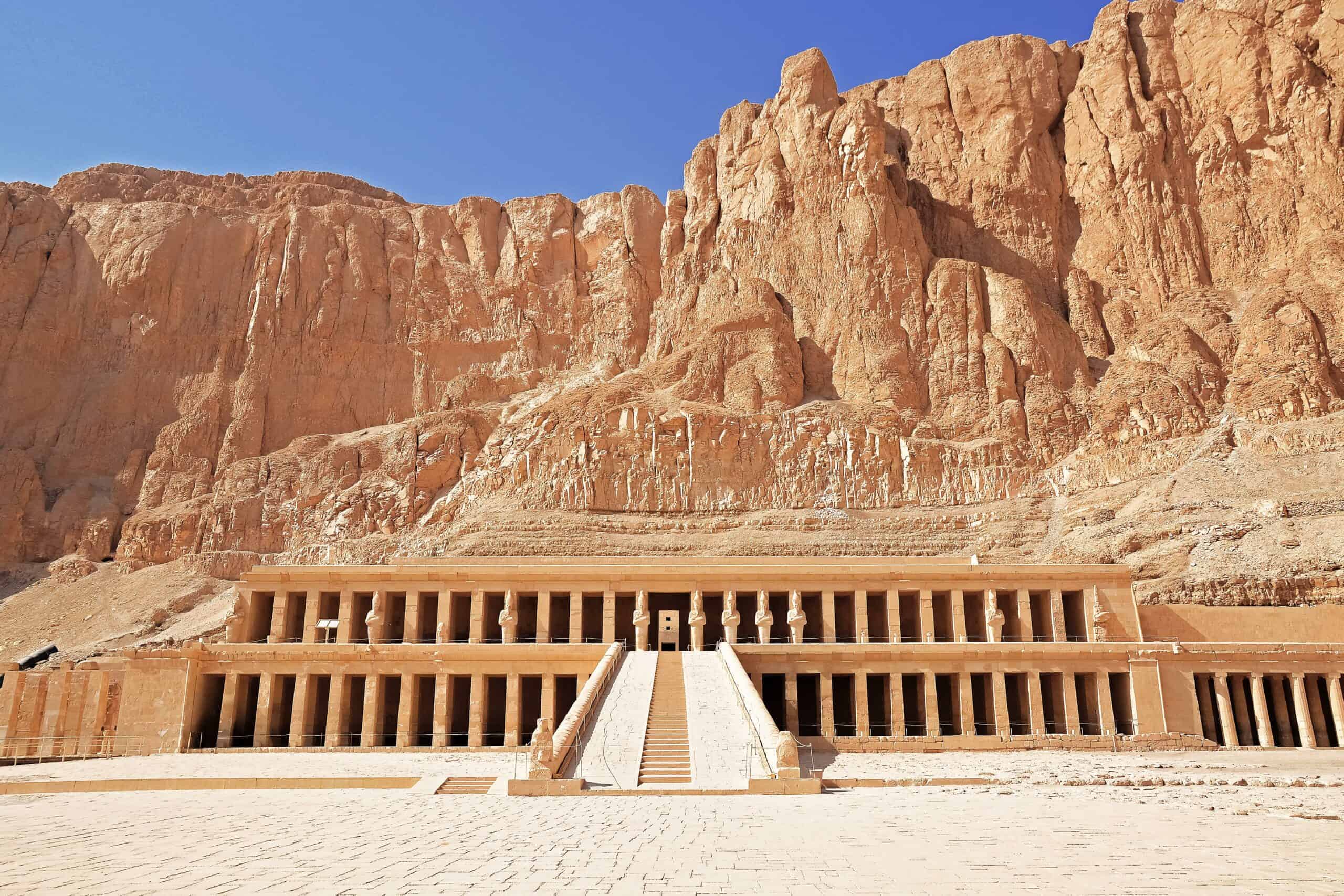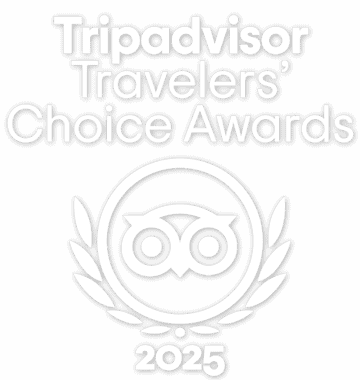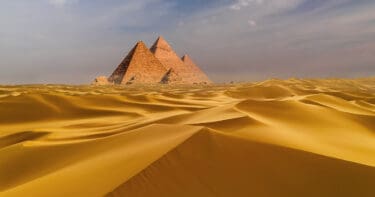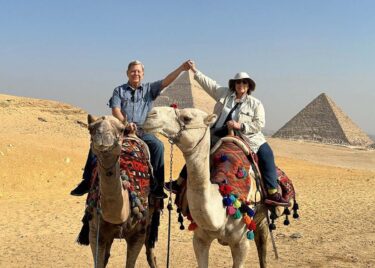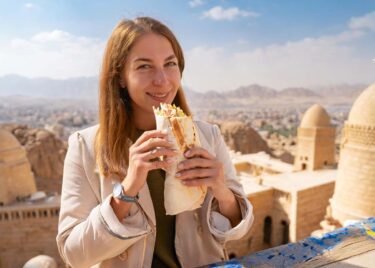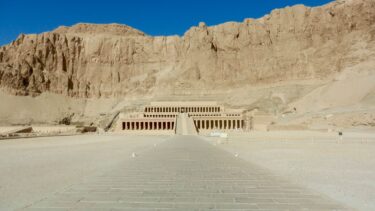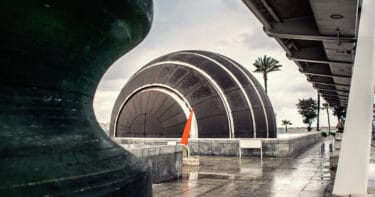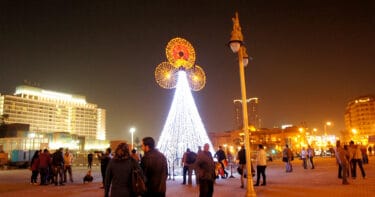1 Day
From $400 pp
East and West Banks of
Luxor
Osiris Tours Advantages
- Enjoy a personalized day tour to Luxor with a private Egyptologist guide, and driver. Your tour will be customized for you and will suit your needs and your schedules.
- Avoid the crowds with your own private guide & private vehicle during your tour around the Valley of the Kings and Queen Hatshepsut Temple
- Explore Karnak and Luxor temples in a private guided tour.
- Enjoy traditional Egyptian lunch in a local restaurant around the Luxor Museum.
Tour Overview
Explore the East and West Banks of Luxor while your ship is waiting in Safaga Port.
Egypt is a multi-faceted destination and boasts a whole range of wonderful activities for your visit. Whether it’s a relaxing beach holiday on the Red Sea or a voyage of discovery through Egypt’s glorious past, there is something for everyone.
Many people opt for a chilled vacation at one of Egypt’s beautiful Red Sea resorts. But did you know that a comfortable three-hour drive away from the Port of Safaga is the legendary city of Luxor, a base from which you can follow in the footsteps of archaeologist Howard Carter and explore the Valleys of the Kings and Queens on the West Bank, or immerse yourself in the spectacular culture and architecture of the East Bank, where many fascinating museums and awe-inspiring temples await to amaze you.
If you book an excellent Osiris Luxor day tour from Safaga, you’ll get to visit the unique Museum of Mummification, the magnificent Karnak Temple, and the modernized Luxor Museum, not to mention the Temple of Luxor itself. Cross the Nile River and delve into a rich tapestry of history as you explore the tombs of the infamous King Tut and Queen Hatshepsut in the Valleys of The Kings and Queens on one of Osiris’ best-selling Egypt tour packages.
With your very own luxury private air-conditioned vehicle, complete with an experienced driver and talented Egyptologist, your Luxor day tour will be unforgettable.
To find out more about this tour or the rest of our other Egypt tour packages, please feel free to contact us at any time.
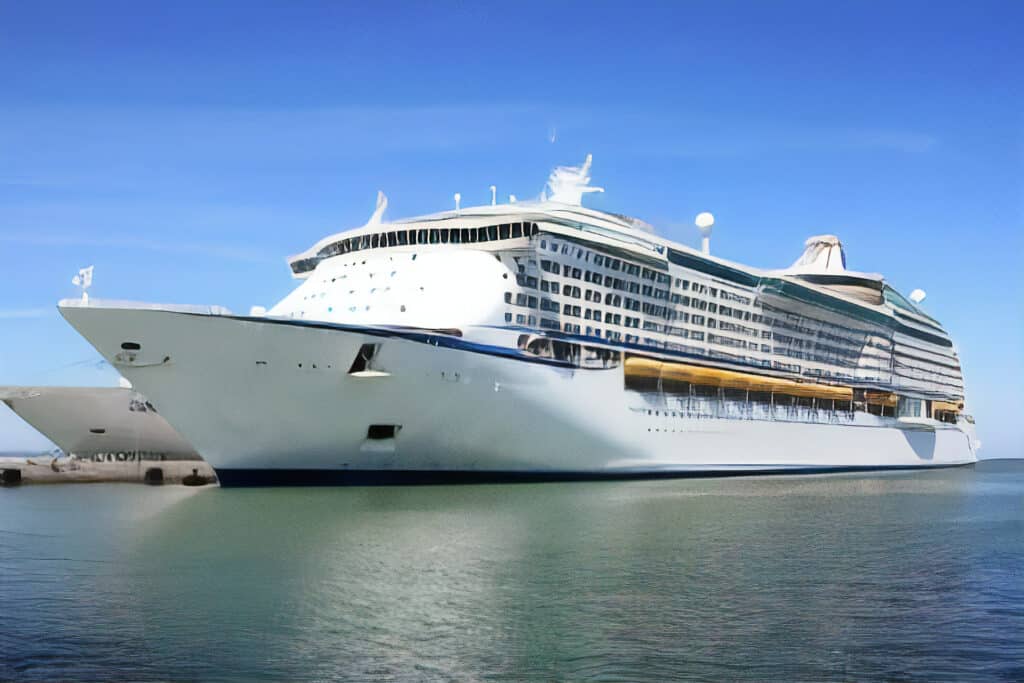
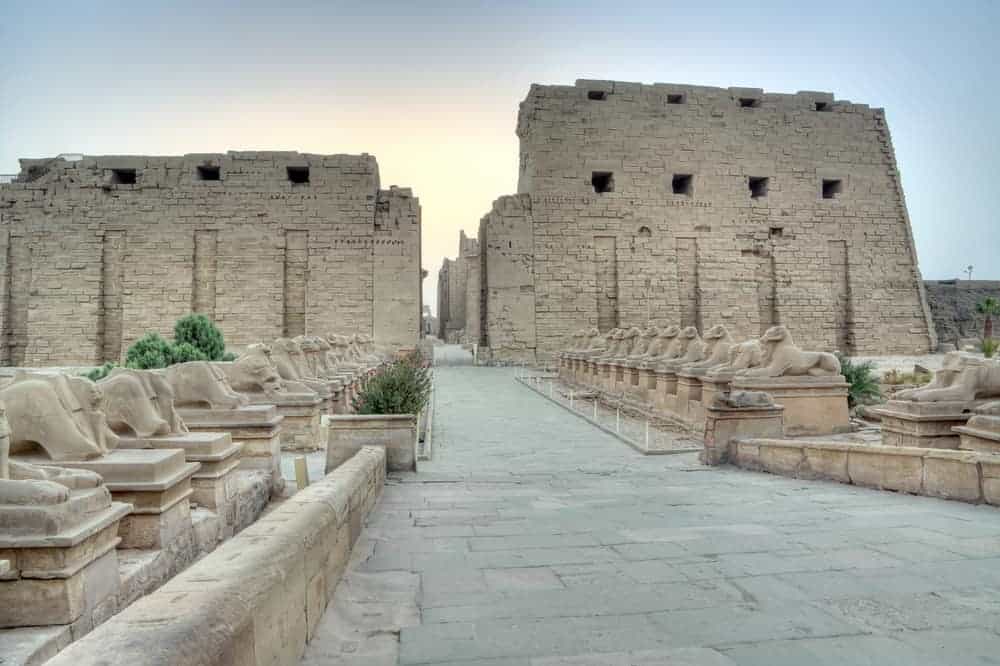
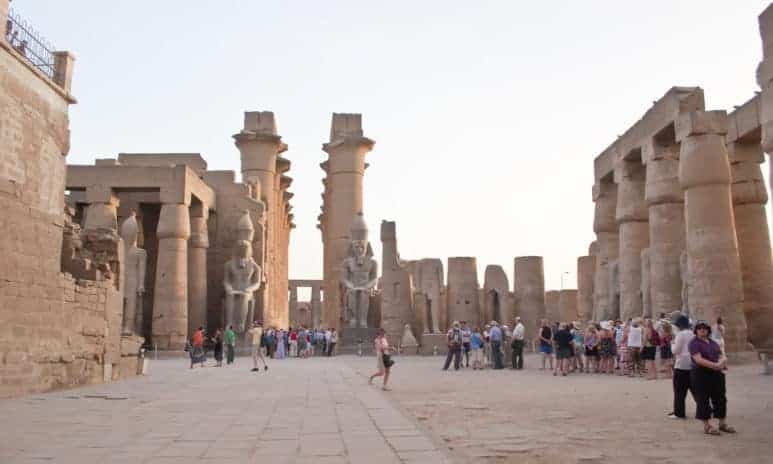
Itinerary
Day 1: Arrival in Luxor
You will be picked up upon arrival in Safaga port by your private guide and private car to head to Luxor.
Arrive in Luxor and explore some of the most incredible sites of the country. You will visit the Valley of the Kings, where you will have the chance to explore Kings and Queens’ tombs. Tombs were constructed for the kings, including King Tut, and powerful nobles of the New Kingdom (the Eighteenth to the Twentieth Dynasties of Ancient Egypt), then off to the nearby Valley of the Queens and also the recently renovated mortuary temple of the most powerful and famous woman in ancient Egyptian history, Queen Hatshepsut, and the huge Colossi of Memnon.
The tour includes lunch at a local restaurant.
After lunch, enjoy a private tour with a qualified Egyptologist guide exploring the East Bank of Luxor. Visit the most impressive temples of Karnak and Luxor with your own personal guide.
You will start by visiting the Karnak temple. Walk along Sphinx Avenue to enter the complex, as your guide explains how the massive facade was constructed. Continue to Luxor Temple, which was once joined to the Temples of Karnak by a one-mile long Sphinx Avenue.
After visiting Luxor, a private transfer back to Safaga port is provided.
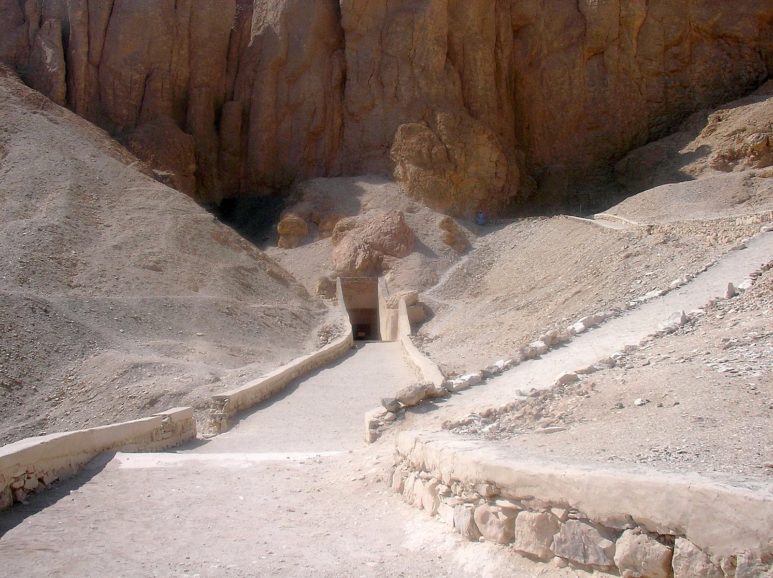
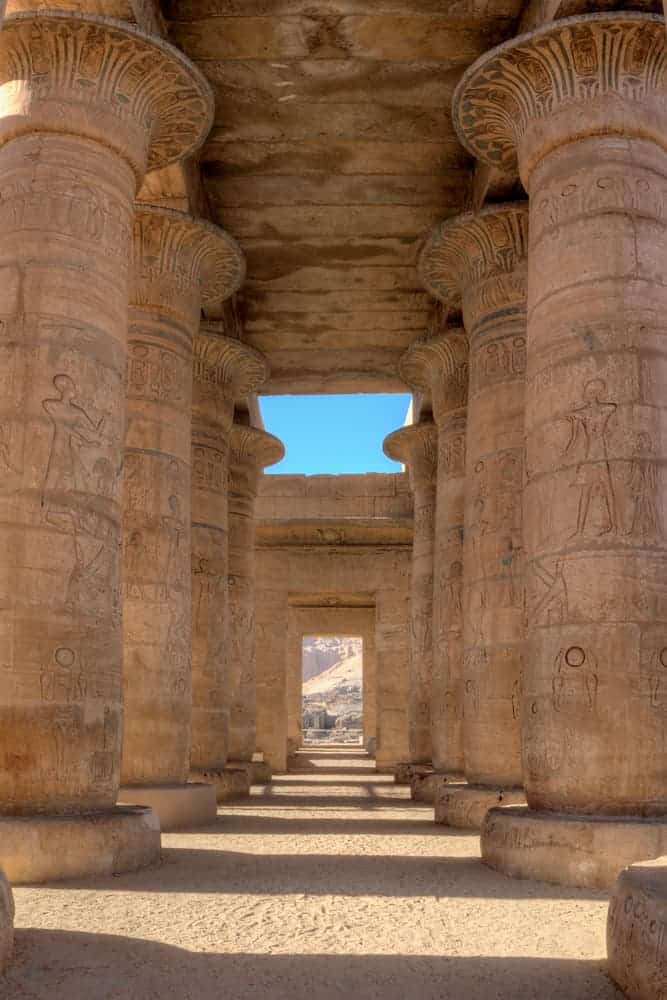
Things you should know before you visit Egypt
If you are an American, you will need a valid passport for at least 6 months after the day you plan to return from Egypt. You must also provide proof that you intend to return or continue your travels elsewhere. You are responsible for ensuring your passport is current and that your name on your passport matches all other travel documents we will issue. If you find that your name differs between any documents, please let us know right away.
You will need a visa to travel to and inside Egypt. You can get one when you arrive at Cairo airport. We can include visa fees and proceeds in your itinerary upon request. When you leave Egypt, you must show proof of entry via a stamp on your valid passport. If you don’t provide this stamp, officials may prevent you from leaving Egypt.
It is a good idea to have insurance if you need to cancel your trip or any medical need while abroad. Most insurance policies also cover baggage loss/damage or problems completing the trip due to circumstances beyond your control. Get a policy that provides medical coverage to avoid large health care expenses in an emergency. We can help you find the right insurance policy for your trip with us.
In general, for women traveling to Egypt, anything that is below the knee should be fine. Short sleeves should be fine as well, but nothing too short or too tiny. You do not need to cover your head in Egypt but do dress modestly. Wear pants or long skirts. It is hot in the summertime so that loose-fitting pants will be more comfortable than a pair of skinny jeans. It is also dusty and dirty, so that white clothing will appear soiled far more quickly than other colors’ clothing.
Egypt’s power grid is set up for 220V AC. Some rural areas only have 110V AC. Sockets are either the “Type C” Europlug or the “Type E” and “Type F” Schuko plug. You’ll need to purchase an adapter for devices from North America. Outlets marked as 110V or “For Shavers Only” won’t work for devices not rated for 110V and may even damage them.
Mobile phone roaming charges are different between carriers, so be sure to check on costs with your phone provider in each area you’ll travel to.
The large cities such as Dahab, Luxor, Cairo, and Alexandria have many Internet cafes where you can pay to use the WiFi or wired network ports. Some small towns like Siwa have at least one Internet cafe. Hotel in-room or lobby WiFi can be expensive, so check the rates before connecting to their services. Osiris Tours will not have control over which hotels have Internet access, but we do have information on which establishments are likely to provide it. We can help you find contact information to get in touch with the properties directly and ask what they make available.
– Time Zone: UTC+2
– Electricity: 220V AC + 110V in certain rural areas
– Telephone: Country code for calling you from outside Egypt is 20
– Calling North America: Dial 00 + 1 and your 10 digit number
– Emergency numbers in Egypt: Police: 122; Tourist Police: 126; Ambulance: 123; Fire: 125
Egypt is very dry in some places and very wet in others. Be prepared for a hot and dry climate. It can get cold in the northern regions if you happen to visit in the Winter. Most tourists visit during the cooler months from December to February.
February to April and October to November is the best time of the year climate-wise to see the pyramids and Valley of the Kings. It can be very hot and dusty in April because of winds blowing in from the Sahara, so visiting sites can be a bit of a problem during that month.
Updated weather forecasts can be obtained from Weather.com.
We recommend that you bring about $100 US per person for each day’s expenses. Small bills are best to tip waiters, porters, and housekeeping. Tipping is at your discretion based on your satisfaction with the service you receive.
The Egyptian currency is called the “Egyptian Pound” (guinay in Arabic). Notes come in denominations of 5pt, 10pt, 25pt, 50pt, E£1, E£5, E£10, E£20, E£50 and E£100. Coins come in denominations of 10pt, 20pt, 25pt, 50pt, and E£1. Some tour operators and hotels only accept US dollars or Euros.
Get your Egyptian Pound currency from your own bank before leaving or from an Egyptian bank machine. Those methods are cheaper than in the airport currency exchange or in tourist areas. Visa and Mastercard are widely accepted, but your bank card may or may not be valid in-country.
There are currently no vaccinations required to travel to Egypt.
There have been some occurrences of “Bird Flu” (avian influenza) in Egypt. We recommend that you:
– Avoid going to live animal farms or poultry markets.
– Avoid eating eggs or poultry that have not been fully cooked.
– Wash your hands regularly.
– See a doctor if you feel any flu symptoms coming on while traveling or after you return home.
Make a list of all the medicines and medical items you need to bring with you on your trip, plus dosages of prescription drugs, details of prescription glasses and contacts, and any other medical necessities. Put spare eyewear and medications in checked and carry-on bags in case some of your luggage gets lost in transit.
There are non-prescription, over-the-counter medicines available in Egypt, but it is often difficult to get prescription medication or eyewear. Bring water purification devices or iodine tablets in case bottled water is not available. We can advise which locations will have potable vs. non-potable water. We strongly recommend bringing some type of over-the-counter diarrhea medication.
Medical Needs Checklist
– Basic first aid and medicine kit (band-aids, antiseptics, pain meds).
– Pepto-Bismol, Imodium, electrolyte powders for adding to drinking water to solve dehydration problems, and anti-diarrheal medications.
– Anti-itch cream for insect bites and allergies.
– Tablets for motion sickness.
– SPF 30 or higher sunscreen, aloe-vera lotion for sunburn treatment, large-brim hat, lip balm, insect repellent, and sunglasses.
– Hand sanitizer and baby wipes.
